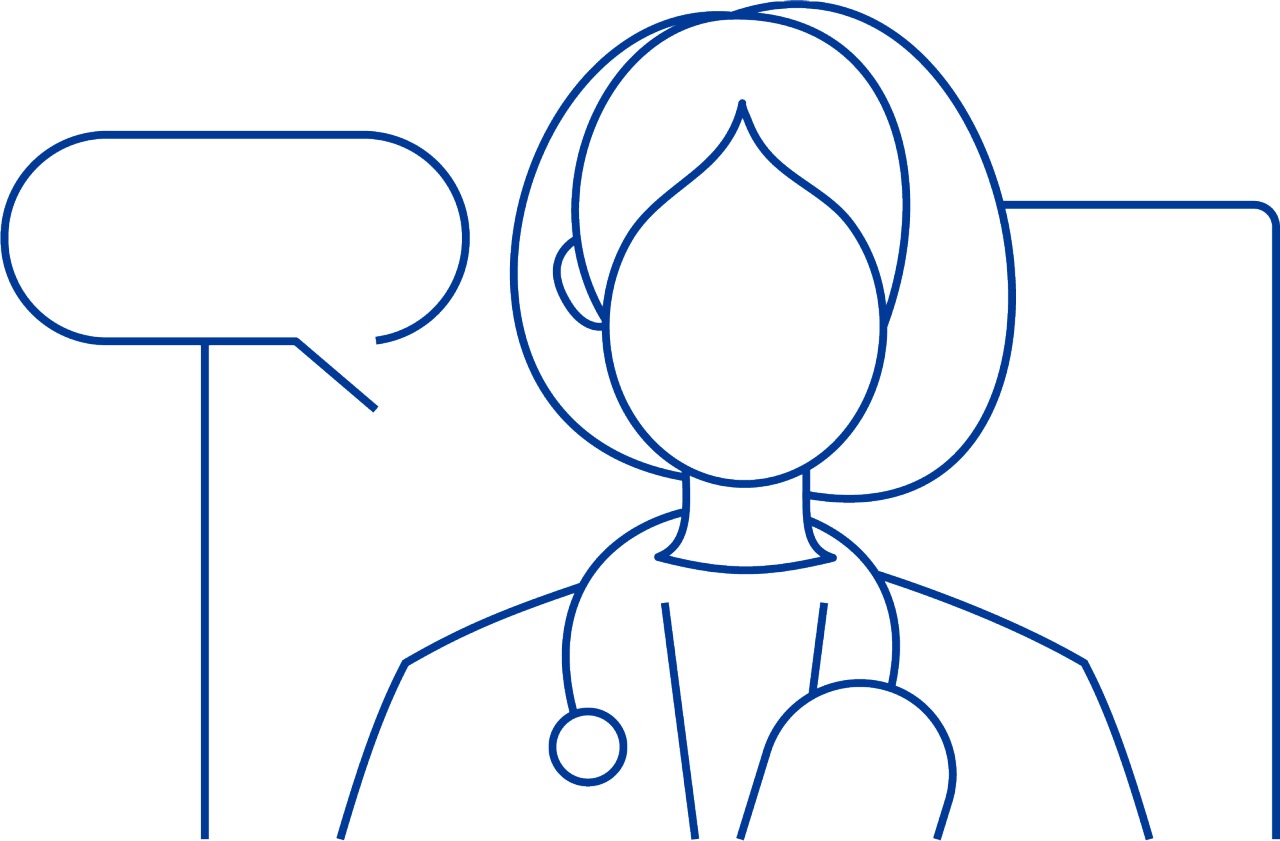Is heart disease genetic?
It depends. Some heart diseases, like Brugada syndrome, are caused by specific genetic variations that create specific hereditary heart problems. Others, like Marfan syndrome, have specific mutations that don't directly cause heart disease but lead to heart disease because of the way the disease affects heart tissues.
Still others are heart diseases with genetic factors but without a specific genetic "on/off" switch. These heart diseases may result from the interaction of many genes, so no single gene "causes" the heart disease. Instead, having certain genetic variants raises your likelihood of developing the hereditary heart condition, but not everyone carrying the gene will contract the disease. In these cases, lifestyle factors may be able to compensate for the genes you've inherited and lower your risk of the disease.
What percentage of heart disease is genetic?
It depends on the individual disease. For example, familial cardiac amyloidosis or hypertrophic cardiomyopathy is generally genetically determined, and the only way to get it is by inheriting or developing a faulty gene. Coronary artery disease, by contrast, is estimated to be roughly 40-60% genetic, with lifestyle factors responsible for the rest.

